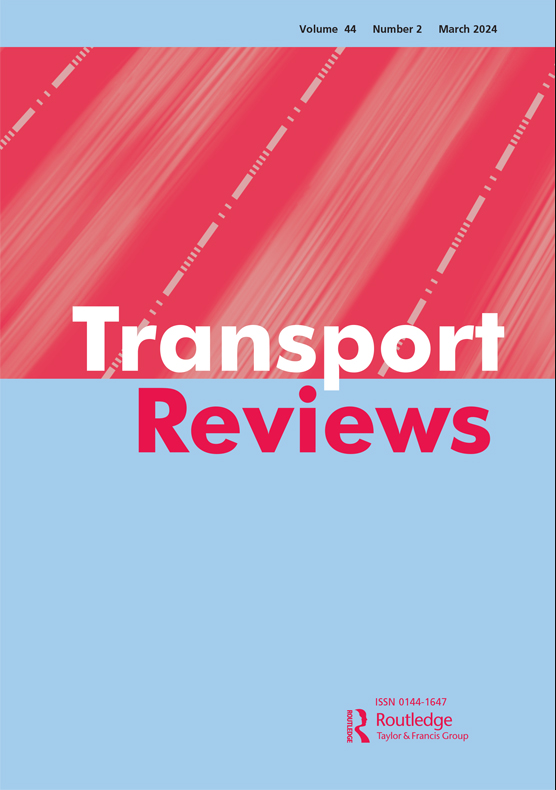骑自行车时的知觉运动技能:朝向基于能力的控制方法
IF 9.9
1区 工程技术
Q1 TRANSPORTATION
引用次数: 0
摘要
实验心理学的研究促进了对安全有效交通的理解。分析支持安全驾驶车辆和在交通环境中导航的感知运动技能,对改进教育计划、交通政策、基础设施和车辆设计具有实际意义。首先,我们的批判性综述介绍了自行车运动中感知运动技能的实验研究的最新进展。实验研究经常使用循环模拟器或虚拟现实实验室设置,导致感知和认知的测量独立于行动的情况。其他实验研究考察了控制车辆的感知运动技能,但很少使用现场设置来模拟真实的交通环境。最后,实验研究经常在不考虑个体约束的情况下调查个体如何表现和行为以实现任务目标,特别是对身体大小的动态感知和参与者的行动能力。相反,我们认为,当前的研究将受益于将自行车视为一个人加物体的系统,强调个人、车辆和环境之间的相互和互惠耦合。以生态心理学为基础,我们的综述探讨了基于可视性的控制方法如何通过解决个人如何调整相关信息以采取行动,基于并扩展到他们的行动能力,以及感知环境提供的行动机会(定义为“可视性”)来安全有效地驾驭动态交通,从而为研究自行车带来了一个新的视角。本文章由计算机程序翻译,如有差异,请以英文原文为准。
Perceptual-motor skills in cycling: towards an affordance-based control approach
Research in experimental psychology has contributed to the understanding of safe and effective transport. Analysing the perceptual-motor skills that support safely riding a vehicle and navigating the traffic environment has practical implications for improving educational programs, transport policies, and infrastructure and vehicle design. First, our critical review presents the state of art on experimental studies examining perceptual-motor skills in cycling. Experimental studies have often used cycling simulators or virtual reality lab settings leading to circumstances where perception and cognition are measured independent of action. Other experimental studies have examined perceptual-motor skills for controlling a vehicle but rarely used in-situ settings that sample real traffic contexts. Last, experimental studies have often investigated how individuals perform and behave to achieve the task-goal without considering the individual constraints, notably dynamic perception of body size and the action capabilities of the participants. Instead, we argue that current research would benefit from viewing cycling as a person-plus-object system, emphasising the mutual and reciprocal couplings between the individual, the vehicle and the environment. Anchored in ecological psychology, our review explores how an affordance-based control approach brings a novel perspective to study cycling by addressing how individuals attune to relevant information for action, grounded in and scaled to their action capabilities, and perceiving the opportunities for action offered by the environment (defined as “affordances”) to navigate dynamic traffic safely and effectively.
求助全文
通过发布文献求助,成功后即可免费获取论文全文。
去求助
来源期刊

Transport Reviews
TRANSPORTATION-
CiteScore
17.70
自引率
1.00%
发文量
32
期刊介绍:
Transport Reviews is an international journal that comprehensively covers all aspects of transportation. It offers authoritative and current research-based reviews on transportation-related topics, catering to a knowledgeable audience while also being accessible to a wide readership.
Encouraging submissions from diverse disciplinary perspectives such as economics and engineering, as well as various subject areas like social issues and the environment, Transport Reviews welcomes contributions employing different methodological approaches, including modeling, qualitative methods, or mixed-methods. The reviews typically introduce new methodologies, analyses, innovative viewpoints, and original data, although they are not limited to research-based content.
 求助内容:
求助内容: 应助结果提醒方式:
应助结果提醒方式:


